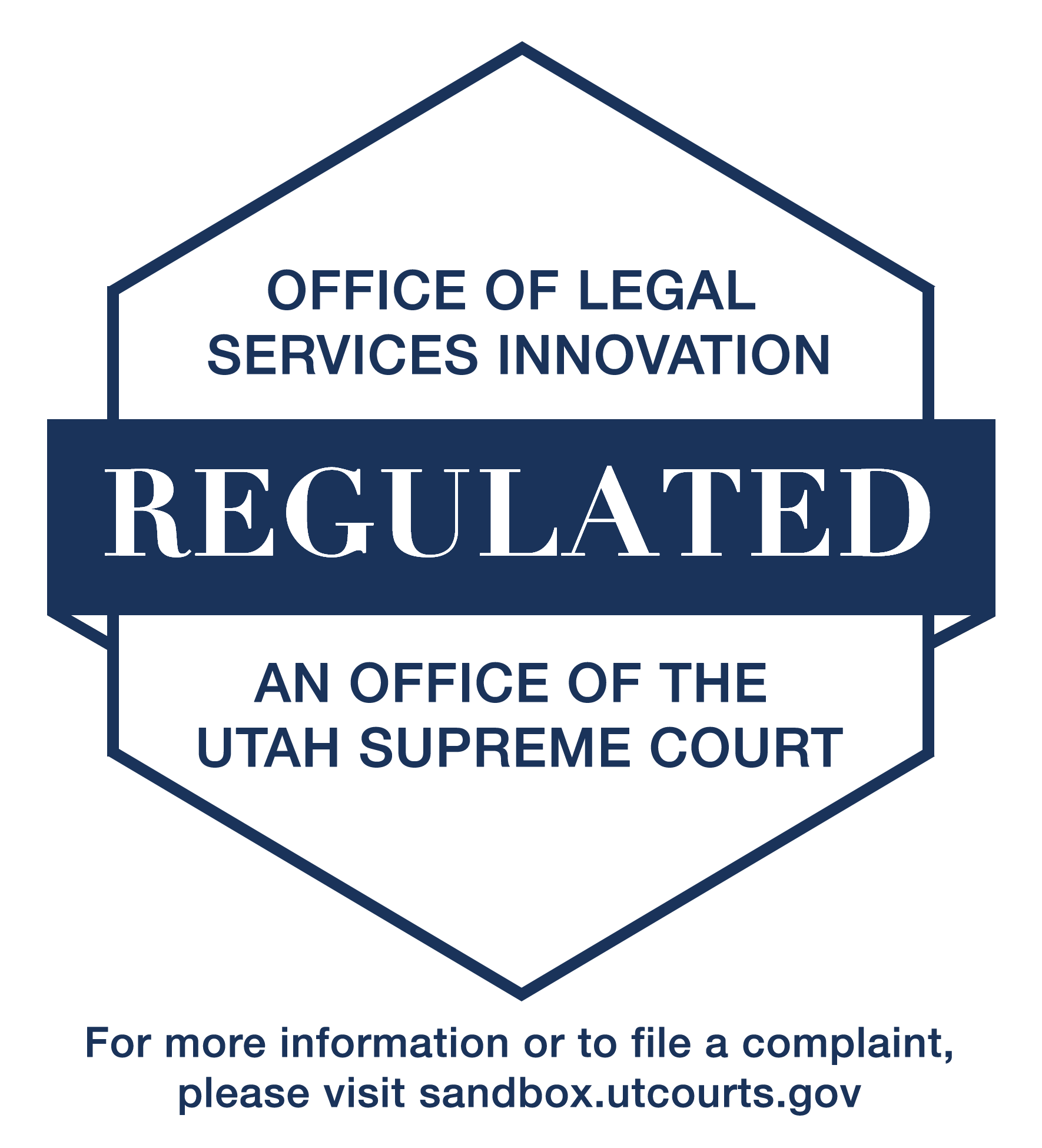Get legal assistance online. Chat with a lawyer for free!
Chat NowBankruptcy laws are designed to relieve those in financial distress. It is a legal right afforded to individuals, businesses, and municipalities. Those that seek the protections and relief of bankruptcy typically know very little about the process and have limited time to research it. Bankruptcy law is one of the fastest evolving bodies of law thus, it is critical that you seek the advice and counsel of a competent and diligent bankruptcy attorney if you are considering bankruptcy to relieve you of your financial distress. The bankruptcy attorneys at 1LAW have the knowledge, skills, and experience to assist you in filing for bankruptcy.
Bankruptcy Law
Title 11 of the United States Code encompasses the uniform bankruptcy laws of the United States. Individual states do not have the authority to regulate bankruptcy. The United States Bankruptcy Courts, part of the Federal District Court System, have jurisdiction over and supervise bankruptcy matters.
Chapter 7 Bankruptcy
Chapter 7 bankruptcy provides for the cancellation of unsecured debts. This generally includes any debt that is not secured by collateral such as credit cards and personal loans. This form of bankruptcy calls for the liquidation and distribution of the debtor’s nonexempt assets to creditors. It is available to individuals, partnerships, corporations, and other business entities. Certain income requirements may apply in order to be eligible to for Chapter 7 bankruptcy.
Chapter 9 Bankruptcy
Individuals and businesses cannot file for Chapter 9 bankruptcy. Chapter 9 is specifically reserved for the reorganization of municipalities. Municipalities include school districts, cities, counties, taxing districts, and municipal utilities.
Chapter 11 Bankruptcy
Chapter 11 Bankruptcy allows for the reorganization of businesses burdened by debt. This form of bankruptcy allows the business to create a plan to become profitable post bankruptcy. The business will attempt to renegotiate leases and contracts and discharge or negotiate outstanding debt. Although rare, individuals may file for bankruptcy under Chapter 11.
Chapter 12 Bankruptcy
Chapter 12 bankruptcy is available only to family farmers and fishermen. It provides for a repayment plan over a three to five year period of time. If repayment of debt period is over three years it must be “for cause” and approved by the court.
Chapter 13 Bankruptcy
Business are not able to file for bankruptcy under Chapter 13. Bankruptcy, under Chapter 13, is generally used by individuals whose income is greater that the limits under Chapter 7. It is known as a reorganization bankruptcy wherein the debtor creates repayment plan using their income to eliminate their debts over a three to five year period of time. To file for chapter 13 bankruptcy, you must meet specific eligibility requirements.
The Bankruptcy Attorneys at 1LAW
1LAW has a team of savvy and sophisticated bankruptcy attorneys who keep current on bankruptcy laws. Our bankruptcy lawyers have extensive experience filing Chapter 7, 9, 11, 12 and 13 bankruptcies. We will meet with you and evaluate your financial situation so that we may provide you with sound legal advice concerning what your best options for debt relief are. With 1Law, you will be provided with legal advice and counsel that you can rely on.
If you are contemplating bankruptcy or are in the process of filing for bankruptcy, contact the knowledgeable and dedicated bankruptcy attorneys at 1LAW at 1-800-CALL-1LAW (800 225-5152).

